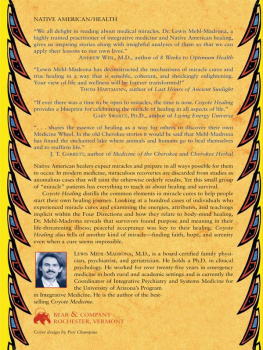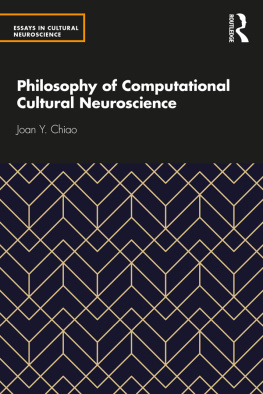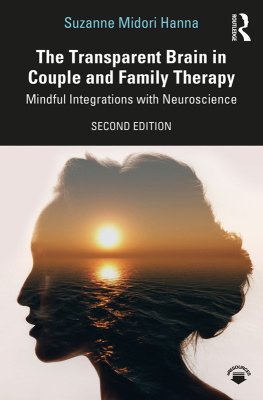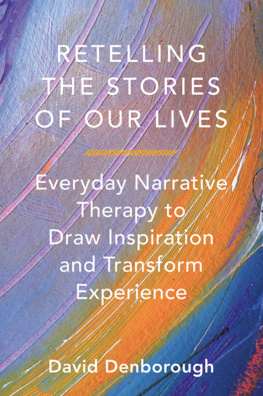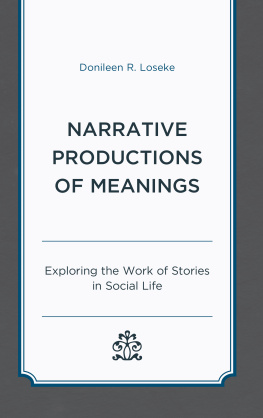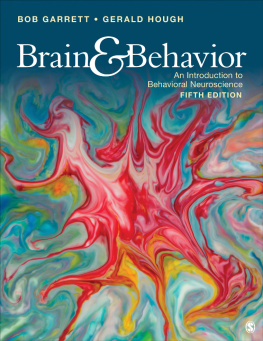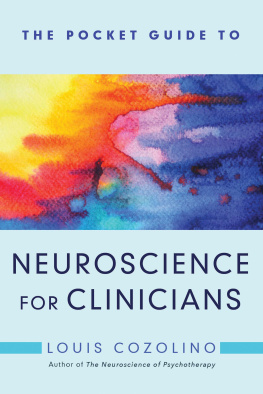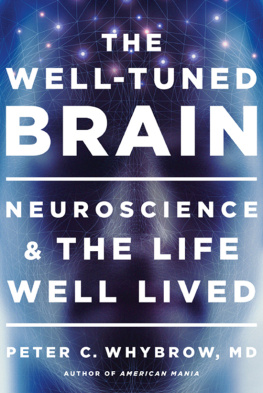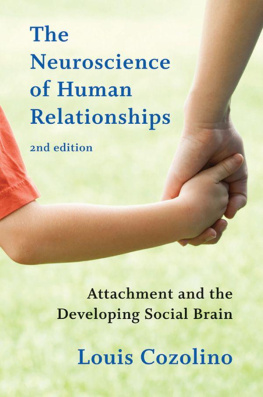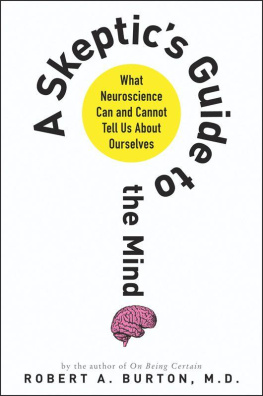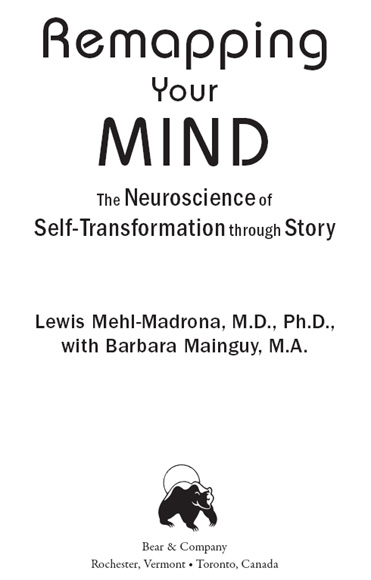Lewis Mehl-Madrona - Remapping Your Mind: The Neuroscience of Self-Transformation through Story
Here you can read online Lewis Mehl-Madrona - Remapping Your Mind: The Neuroscience of Self-Transformation through Story full text of the book (entire story) in english for free. Download pdf and epub, get meaning, cover and reviews about this ebook. year: 2015, publisher: Inner Traditions/Bear & Company, genre: Home and family. Description of the work, (preface) as well as reviews are available. Best literature library LitArk.com created for fans of good reading and offers a wide selection of genres:
Romance novel
Science fiction
Adventure
Detective
Science
History
Home and family
Prose
Art
Politics
Computer
Non-fiction
Religion
Business
Children
Humor
Choose a favorite category and find really read worthwhile books. Enjoy immersion in the world of imagination, feel the emotions of the characters or learn something new for yourself, make an fascinating discovery.

- Book:Remapping Your Mind: The Neuroscience of Self-Transformation through Story
- Author:
- Publisher:Inner Traditions/Bear & Company
- Genre:
- Year:2015
- Rating:5 / 5
- Favourites:Add to favourites
- Your mark:
Remapping Your Mind: The Neuroscience of Self-Transformation through Story: summary, description and annotation
We offer to read an annotation, description, summary or preface (depends on what the author of the book "Remapping Your Mind: The Neuroscience of Self-Transformation through Story" wrote himself). If you haven't found the necessary information about the book — write in the comments, we will try to find it.
Applies the latest neuroscience research on memory, brain mapping, and brain plasticity to the field of narrative therapy
Details mind-mapping and narrative therapy techniques that use story to change behavior patterns in ourselves, our relationships, and our communities
Explores how narrative therapy can help replace dysfunctional cultural stories with ones that build healthier relationships with each other and the planet
We are born into a world of stories that quickly shapes our behavior and development without our conscious awareness. By retelling our personal, family, and cultural narratives we can transform the patterns of our own lives as well as the patterns that shape our communities and the larger social worlds in which we interact.
Applying the latest neuroscience research on memory, brain mapping, and brain plasticity to the field of narrative therapy, Lewis Mehl-Madrona and Barbara Mainguy explain how the brain is specialized in the art of story-making and story-telling. They detail mind-mapping and narrative therapy techniques that use story to change behavior patterns in ourselves, our relationships, and our communities. They explore studies that reveal how memory works through story, how the brain recalls things in narrative rather than lists, and how our stories modify our physiology and facilitate health or disease. Drawing on their decades of experience in narrative therapy, the authors examine the art of helping people to change their story, providing brain-mapping practices to discover your inner storyteller and test if the stories you are living are functional or dysfunctional, healing or destructive. They explain how to create new characters and new stories, ones that excite you, help you connect with yourself, and deepen your intimate connections with others.
Detailing how shared stories and language form culture, the authors also explore how narrative therapy can help replace dysfunctional cultural stories with those that offer templates for healthier relationships with each other and the planet.
Lewis Mehl-Madrona: author's other books
Who wrote Remapping Your Mind: The Neuroscience of Self-Transformation through Story? Find out the surname, the name of the author of the book and a list of all author's works by series.

